Interview with Ann Putnam: 'The beauty and laughter of the telling transcend the darkness of the tale'
 Ann Putnam holds a PhD in literature from the University of Washington. She teaches creative writing and gender studies at the University of Puget Sound in Tacoma, Washington. She has published short fiction, personal essays, literary criticism and book reviews in various anthologies including Hemingway and Women: Female Critics and the Female Voice, and in journals, including the Hemingway Review, Western American Literature, and the South Dakota Review. Her latest work is a memoir, Full Moon at Noontide: A Daughter’s Last Goodbye.
Ann Putnam holds a PhD in literature from the University of Washington. She teaches creative writing and gender studies at the University of Puget Sound in Tacoma, Washington. She has published short fiction, personal essays, literary criticism and book reviews in various anthologies including Hemingway and Women: Female Critics and the Female Voice, and in journals, including the Hemingway Review, Western American Literature, and the South Dakota Review. Her latest work is a memoir, Full Moon at Noontide: A Daughter’s Last Goodbye.Q: Welcome to The Writer’s Life, Ann. Can you tell us how long you’ve been writing professionally and how your journey led to writing your latest book, Full Moon at Noontide: A Daughter’s Last Goodbye?
I think I’ve been writing my whole life. As a kid, I wrote stories and plays and skits, so I think I’ve always thought of myself as a writer. But professionally, I suppose this begins with my life as an academic almost twenty years ago. I thought when I’d finished my doctoral dissertation that my “real” writing life was over. That I’d somehow permanently altered my brain. I began to publish essays and articles in professional journals and anthologies, and that was fine. But of course it wasn’t the “real thing,” as I’d come to think of it over the years. So I went back to fiction and personal essays with a sense of homecoming. I was in the middle of writing a novel about Cuba, when my life changed forever. My father had a stroke, and my life as caregiver to my parents and uncle began.
The writing of Full Moon at Noontide came from a series of little notebooks of lines, phrases, sometimes single words I carried with me like a talisman through the months when I lost my father and my uncle, his identical twin. Those notebooks seem like relics to me now because I remember the places I carried them, where I sat when I wrote in them: hospital cafeterias, emergency rooms, ICU units, hospital hallways, elevators, lobbies. I carried the notebooks to keep me safe, to keep me from rushing out the doors of those hospitals and never coming back. Months after my uncle and my father died (six months to the day apart), I realized I had the beginnings of a book, and a book which I wanted and needed to write, not knowing how it would ever see the light of day.
Q: I love your title. Can you tell us why you chose it?
I had wanted to title the book, Lyric from a Thin Place, but my editor was dissatisfied with that. She wondered if people might think it was a book about eating disorders! My husband was in the hospital at the time, so I asked some of the nurses I’d gotten to know what they thought—and none of them interpreted it like this. But I couldn’t convince my editor. (“Lyric from a Thin Place” remains as a chapter title.) So after much going back and forth, she pulled a line from my book that said, “She was in that shimmering place where one is kept safe from despair by the tugs and pulls from both the living and dead, where the beloved dead are always a full moon at noontide.” Now the phrase is actually a permutation from a line in a Jewish prayer that says the beloved dead are always with us, like the stars, even though we can’t always see them. I used the moon instead of the stars because of a conversation I once had with a Peruvian doctor, who explained the Peruvian mythology of the moon, which venerates the moon as stronger than the sun because we can see it always, even by day.
Q: Do you plan subsequent books?
Yes! I can’t imagine a life without writing. I’m a better person when I’m living the writer’s life. Of course there are days, weeks, that go by when I can’t get to my writing, but I have learned that I will always come back to it. It’s like breathing, and eventually you have to take a good, big, deep breath or you run out of air. I’m currently working on revising a novel called Cuban Quartermoon. It’s a novel set in Havana, Cuba and comes out of six trips to Cuba I took over the years as part of a Hemingway Colloquium sponsored by the Cuban Ministry of Culture. I’m in love with this book, but it’s big and sprawling and kind of defies genre—part magical realism, literary, political. I’m looking at it with an eye to what I should cut. Each time I went to Cuba I came home with another layer of emotion and experience. There is an old Cuban proverb which says, “Believe only half of what you hear in Cuba and none of what you see.” So there were layers and layers of intrigue, beauty and sorrow to unfold.
Q: Why did you believe your book should be published?
Of course I wondered the whole time I was writing it what interest there might be in reading of this inevitable journey taken by such ordinary people. I was told so often that to sell a memoir you either had to be someone famous or have been captured by aliens. Still, I knew that I needed to write this book regardless of its ultimate fate. I really had no idea if it would be published. But I knew this story was universal and that many people were going through such things. We are a generation who are losing our parents, a generation who are becoming orphans. There is no name in our culture for such loss, and I wanted to give this universal experience a particular narrative arc. While I was completing final revisions, my husband was dying of cancer, and he died before I could finish it. So the book chronicles loss after loss. Yet I have always believed that turned to the light just so, the beauty and laughter of the telling transcend the darkness of the tale.
Q: Can you tell us the story behind your book cover? Did you choose it or did your publisher, Southern Methodist University Press, have full control? Were you happy with the decision or did you have something else in mind?
It’s a lovely story and when I give readings, people always ask me this. My editor wondered if my father, who was a photographer as well as a historian, might have some photographs they might consider. So I went looking through the boxes of his historical photographs and I found this gorgeous picture of the sun {or moon} coming from behind a cloud and laying itself across the ocean. A marvelous piece of driftwood in the foreground is captured in light and shadow. And here it was: my title materialized before my very eyes and come to me across the years.
Q: How have you approached marketing your book? Do you have someone doing it for you or have you had to do most of the marketing yourself?
I do not have a publicist and surely wish I did! My press has a wonderful marketing manager who has been very helpful in providing back up and much good advice. But mostly I’ve been on my own. The very first thing I did was to try and land book readings and signings at the big bookstores in my area. This was a long process. I also tried to coordinate newspaper book reviews with the timing of the readings. Also very difficult.
But this was effective I think because it got many people to the readings and also put the book out into the world. I also sent out book cards to everyone I’ve ever known or met. However, I have found all of this to be excruciatingly difficult. Right now, I’m just beginning the world of online book promotion. The bookstore readings were pretty emotionally exhausting, then of course very emotionally gratifying to hear people come up and tell me their own stories. I will be beginning an online book tour and I’m very excited to see how this goes. I have a book website, which people visit, and I have a Facebook account. I’ve not tried to use Twitter yet, and so right now I’m pretty much in a technological dark age. I await enlightenment!
Q: What book on the market can it compare to? How is it different? What makes your book special?
The book that comes quickest to mind is Sue Miller’s The Story of My Father, which describes her journey as caretaker for her ailing father and his eventual death in a nursing home. It’s a wonderful book, and one I looked to for inspiration. Because every story is both universal and unique, my book feels quite different from hers. The narrative voice in my book is wry, often comic, and also lyrical in a different sense from hers. I think it is this sense of voice that makes my book unique. Such stories have achingly familiar plots and end in achingly familiar ways. Still, each longing and sorrow and loss is different from all others.
Q: Open to a random page in your book. Can you tell us what is happening?
Page 54. This page now and no other. I’m taking my parents and uncle on a tour of a retirement community I’m hoping beyond hoping to get them to move into. They live across the state from me and I need them to be close by. They are resisting, of course, but trying to be open to it. A man named Howard is giving us the tour. He takes us to an apartment that is in the configuration the three of them need: a living room with a bedroom on each side—one for my parents and the other for my uncle, who will live with them. Howard knocks. A woman shouts “Come ih-un, it’s unlocked.” A woman so large she has literally melted into her wheelchair is sitting in the middle of what should be the living room, but is unidentifiable as it is. The gray carpet is ringed with huge, arcing black smudeges from her wheelchair.
The whole apartment has been turned into shelves. Shelves full of pills of all kinds, enormous bottles of vitamins and herbs and potions lining every wall. We peek into the bathroom. There is no bathtub anymore, no shower. Every square inch of wall space holds shelves full of giant bottles of pills. The apartment is a pharmaceutical warehouse. Howard vaguely points to the rooms that would have been bedrooms and bathrooms in an ordinary life, then stumbles out of the apartment as we trail behind.
It’s such a dark thing to see. A mind fallen in on itself. The batty old lady in the house condemned, or living with a thousand cats, or pulling a grocery cart of belongings down the street talking to herself–and here she is in apartment 426. The soul of old age, in all its appalling eccentricity and hypohonndria right there in the middle of the day. It’s so shocking there is no way to make it comic. Ah, the darker secrets—the smells and touch of them when we hunker down with our terrors and lost loves, and abandoned hopes, and watch how life bends us if it does not break us and remember how we thought it would never happen to us. I knew then my parents would never move. They would fall down and die and I wouldn’t be able to save them.
Q: Thank you for your interview, Ann. Would you like to tell my readers where they can find you on the web and how everyone can buy your book?
Information about my book and how to order it can be found on my website: annputnam.com which includes reviews and radio interviews and bio. My book can be ordered at any bookstore, through Amazon, and directly from the distributor at www.tamupress.com or by phone: 1-800-826-8911. I have a Facebook page also, as well as a website through my University: www.ups.edu/faculty/aputnam.html



















































































































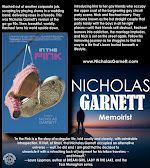


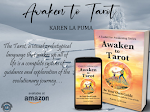
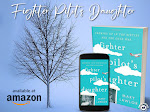
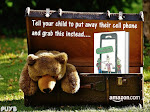
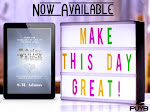


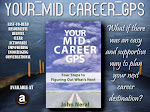
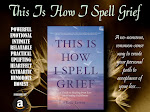
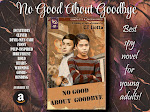

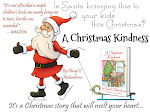
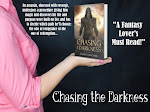
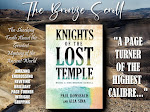


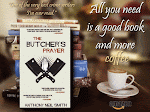
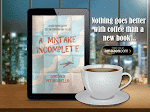
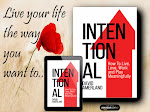
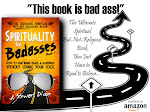

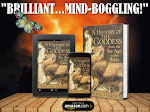

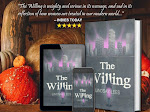
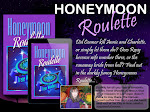
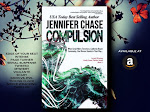
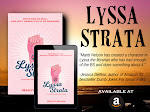
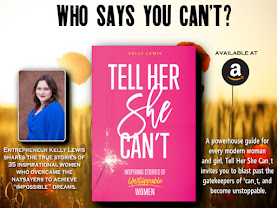









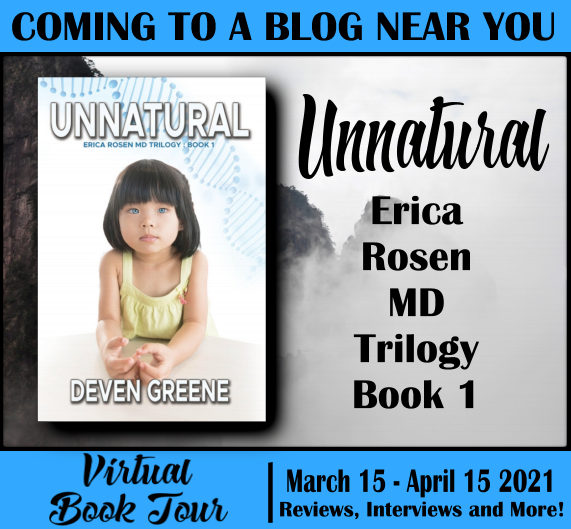
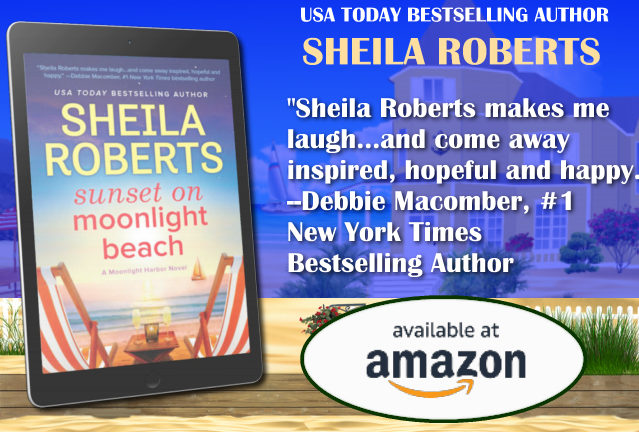



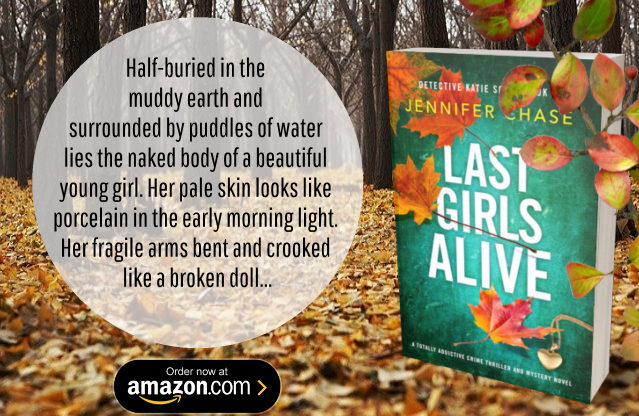
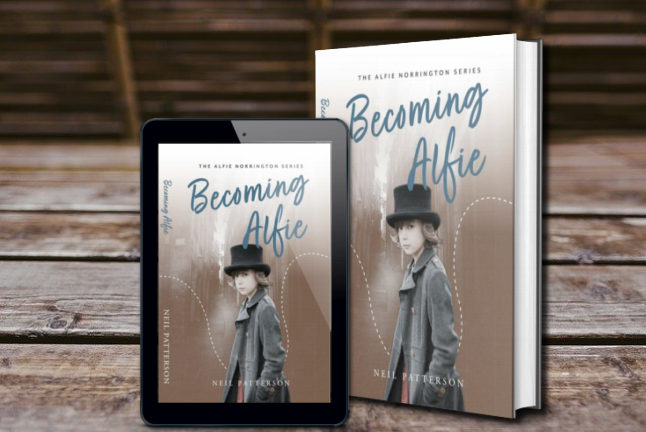
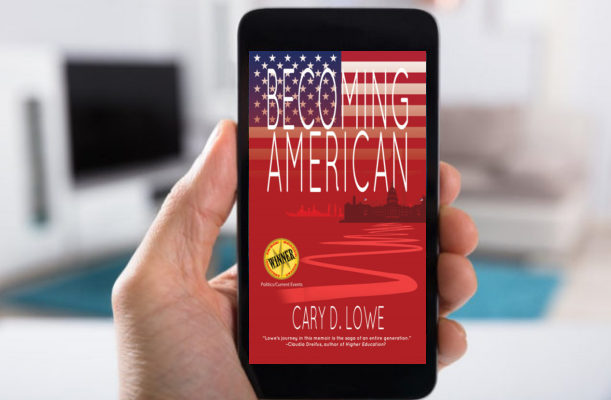

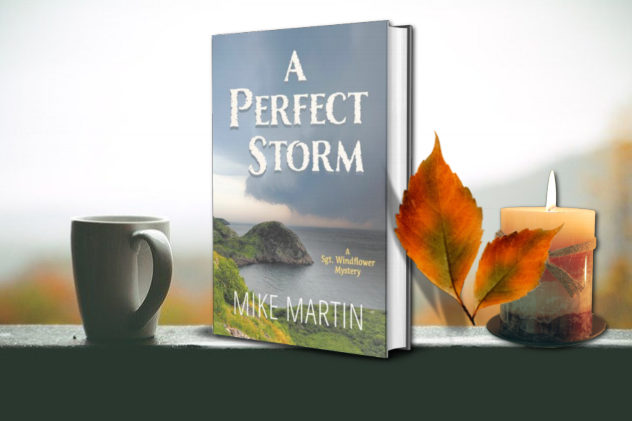
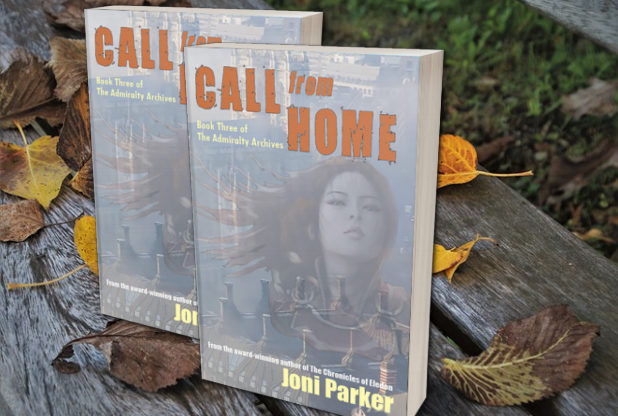
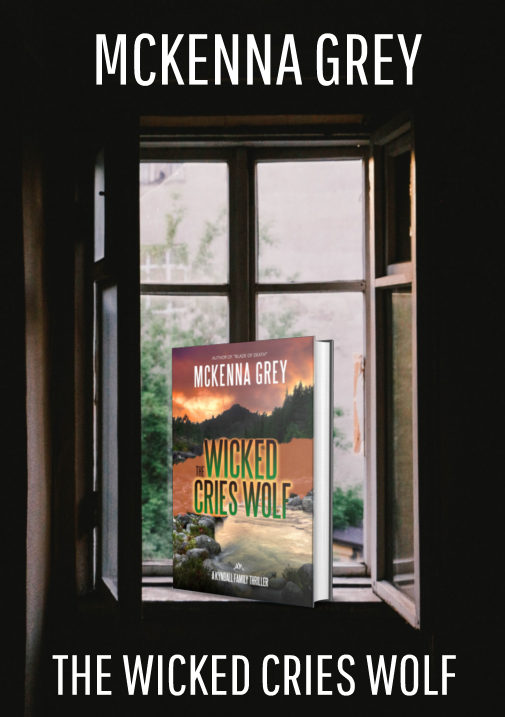


Leave a Comment